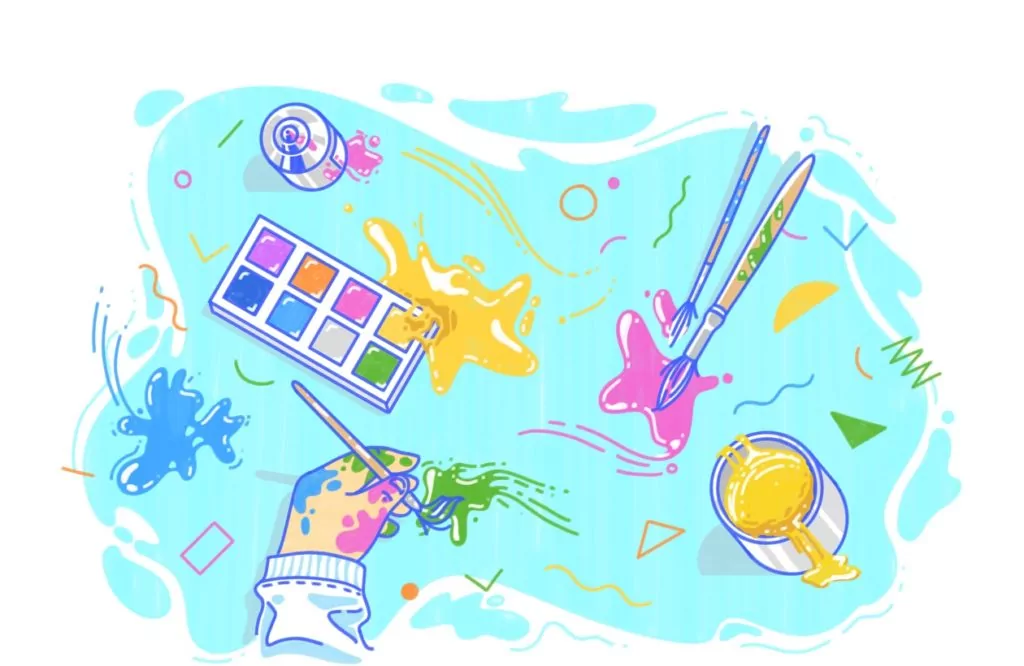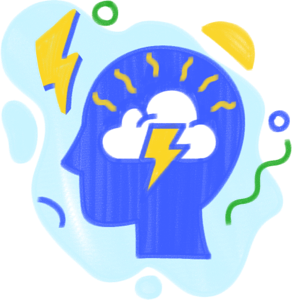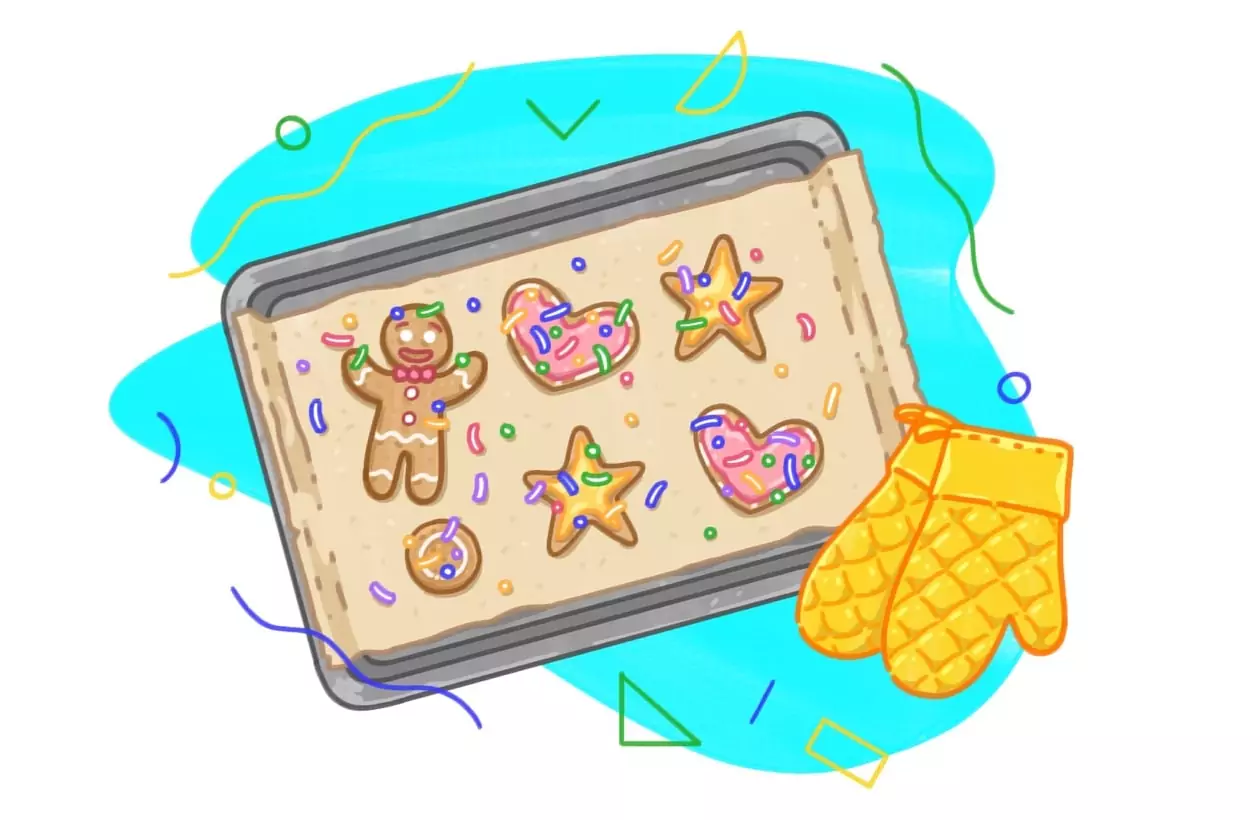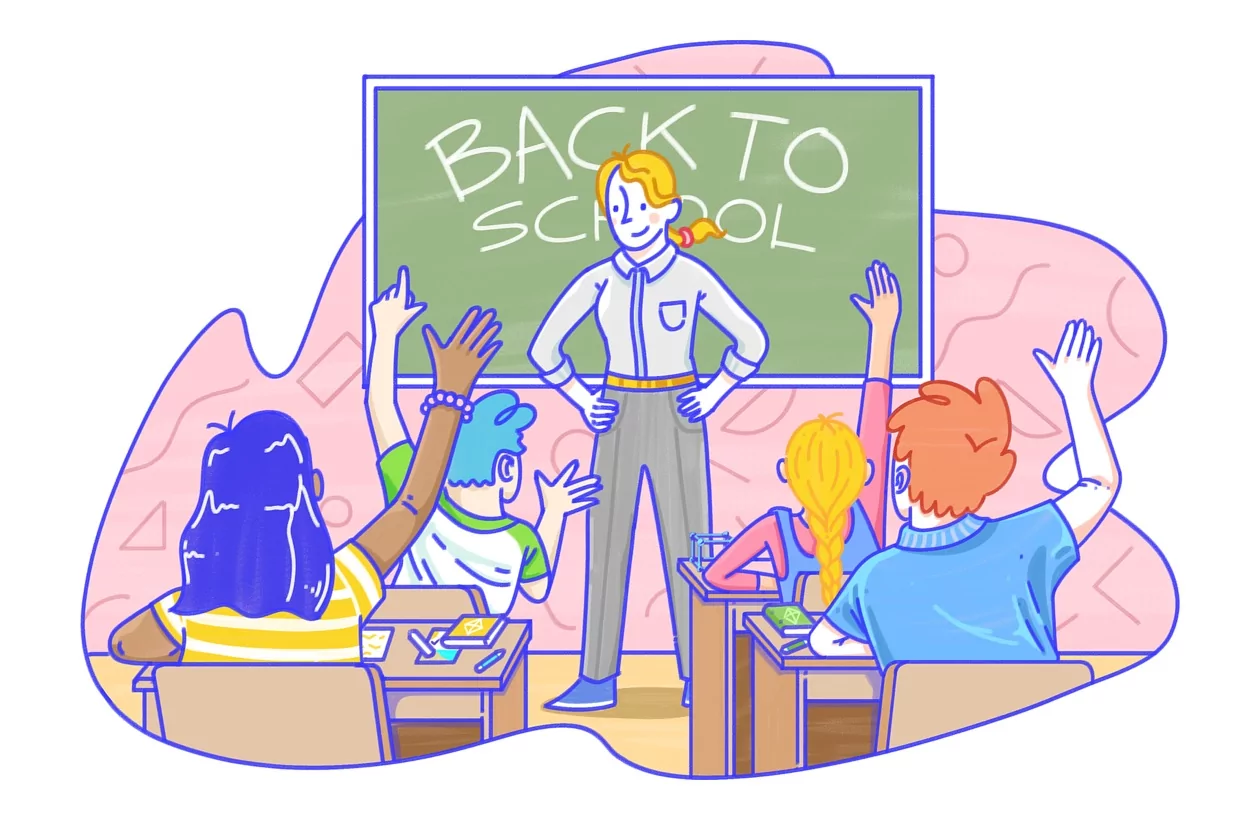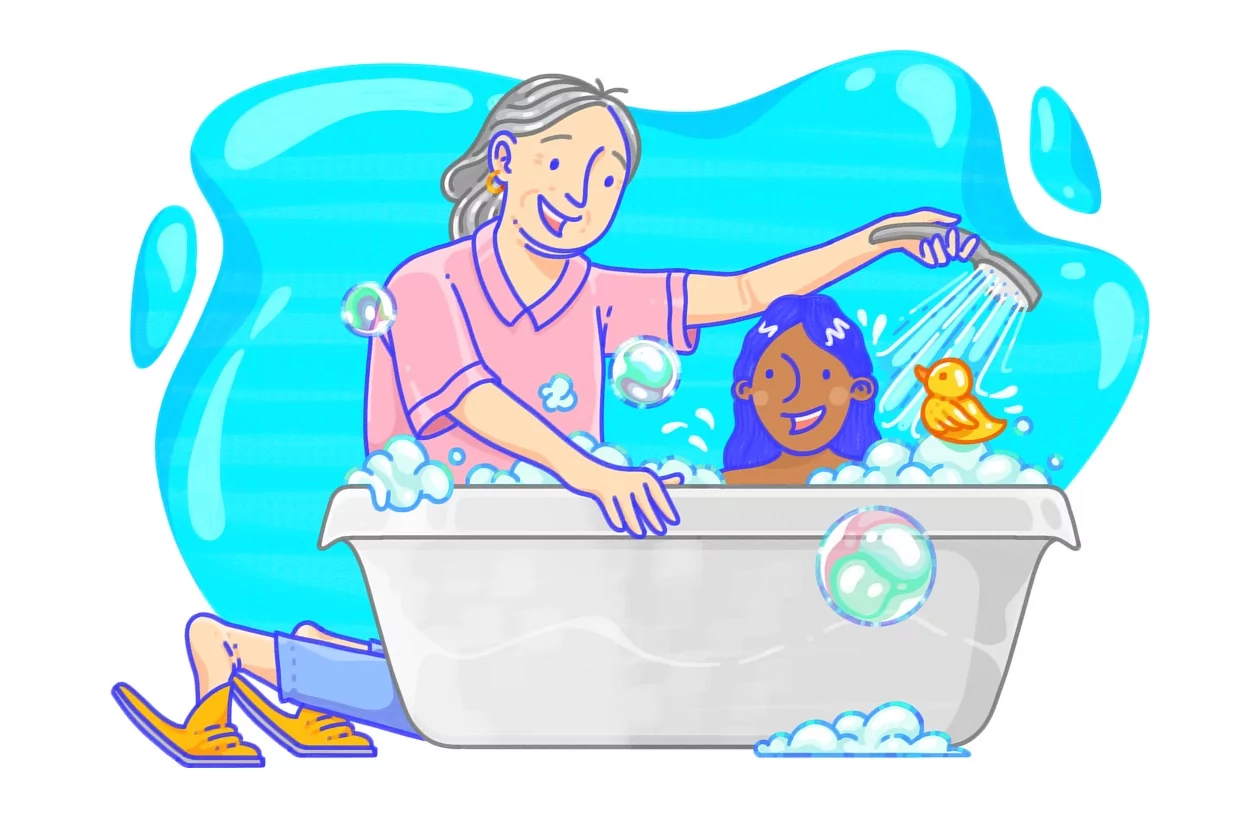Tips & coping mechanisms for channeling your kid’s confusion and frustration into a productive, creative outlet
As much as we want to keep childhood simple and carefree, kids still experience stress, frustration, and get overwhelmed — especially kids with CPP. As a parent, you can’t prevent these feelings, but you can help your kiddo develop healthy ways to cope that will serve them not only throughout their CPP journey, but throughout life.

Notice out loud
If you notice that something is bothering your child, name the feeling you think they’re experiencing. For example: “It seems like you’re sad about what happened at school today”. This opens up an opportunity for your child to share what’s on their mind and helps give them the language to do so.

Really listen
When your child tells you what’s wrong, simply hear them. Avoid the temptation to offer unsolicited advice, and urge your child to take their time. The truth is, if you haven’t been through CPP yourself, you don’t know exactly what your child is going through. And if they can trust you to hear their feelings without judgment, your relationship will benefit for life.

Turn feelings into art
Painters and songwriters pour their emotions into their art, and your child can, too! Ask them to draw a self-portrait as they feel right now: frowning, with steam coming out of their ears… whatever the case may be. Or urge them to write a story or poem about their frustration, or dance out anger — and then praise them. Applaud their performance, hang their angry portrait on the fridge, and remind them that you love them no matter how they’re feeling.

Brainstorm solutions together
If a specific problem is causing stress, encourage your little one to suggest solutions rather than handling everything yourself . When your child presents an idea, you might say: “That sounds like the start of a good plan! How will it work?”. These conversations will help build your child’s confidence when it comes to problem-solving.

Drop something
Children with CPP already have a lot to deal with: changing bodies, fluctuating feelings, and probably some confusion, too. If too many after-school activities consistently cause homework anxiety or certain playgroups aren’t an ideal fit, consider decluttering your child’s schedule so there’s more time to process, heal, and simply be a kid.

Move on
Sometimes, feeling heard and understood is all your kiddo needs. There’s no reason to give an issue more attention than it deserves, so ask your child to think of something that would make them feel better in the moment — and do that!

Be there
Sometimes your child won’t want to talk about their feelings, and that’s okay. You can help them by just being there. Walk the dog, bake some cookies, watch a movie. Simply spend time together, because your presence is everything to your child.
As difficult as it is to see your child struggle with big emotions, learning to harness their creativity, communication, and problem-solving abilities will serve them well into adulthood.
TPI.2021.2685.v1 (v1.2)
